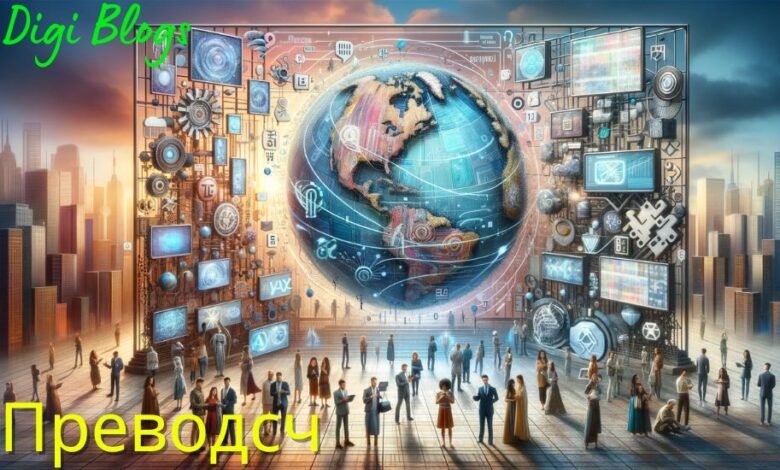The Essential Guide to Преводсч: Bridging Language Gaps

In the digital era, where communication spans across continents in milliseconds, the role of a преводсч (translator) becomes increasingly vital. This guide aims to shed light on the essence of translation services, focusing on the pivotal role of a преводсч in facilitating global dialogue and understanding.
Table of Contents
ToggleUnderstanding the Role of a Преводсч
A преводсч stands at the crossroads of languages, offering a bridge for ideas, cultures, and dialogues to cross linguistic barriers. This role is not just about converting words from one language to another but about conveying meanings, nuances, and cultural contexts, ensuring that communication is seamless and effective.
The Evolution of Преводсч Services
Traditionally, a преводсч would work with texts, documents, and sometimes oral translations. However, with the advent of digital technology, the scope of translation has expanded exponentially. Today, translation services encompass everything from website localization to subtitling services, making content accessible to a global audience.
The Digital Преводсч: Online Translation Tools
The digital age has introduced a variety of online tools that serve as virtual преводсч. Platforms like WebTran and TRANSLATOR.EU offers quick, reliable translations for short texts and phrases across multiple languages. These tools use advanced algorithms and databases to provide translations, making them invaluable for everyday communication and basic translation needs.
Challenges and Considerations for a Преводсч
Despite technological advances, human translators face challenges like capturing the subtleties of language, dealing with untranslatable words, and maintaining the original tone and intent. A proficient преводсч must have a deep understanding of both the source and target languages, as well as the cultural contexts that influence language use.
The Future of Преводсч Services
As global interaction continues to grow, the demand for skilled translators will only increase. The future of translation services looks promising, with advancements in AI and machine learning improving the accuracy and efficiency of translations. However, the human element of a преводсч will remain irreplaceable, especially for complex texts and sensitive cultural materials.
Ethical Considerations in Translation
In the realm of translation, the ethics surrounding the work of a преводсч cannot be overstated. The ethical translation goes beyond mere accuracy; it encompasses respect for the source material, confidentiality, and cultural sensitivity. A proficient преводсч must navigate these ethical considerations with care, ensuring that the translation does not misrepresent the original text or harm its intended audience. This involves making informed choices about how to best convey nuanced meanings and deciding when it is necessary to adapt content to fit different cultural contexts without compromising the integrity of the original message.
The Impact of Globalization on Преводсч Services
Globalization has significantly impacted the demand for and the nature of translation services. As businesses, educational content, and entertainment reach a global audience, the need for competent преводсч services has skyrocketed. This global exchange has not only increased the volume of work for translators but also raised the stakes in terms of quality and speed of translation. The challenge for modern translators is to keep pace with the rapidly changing demands of a global market, requiring ongoing education and adaptation to new tools and practices. The ability of a преводсч to evolve with these demands will continue to be critical in bridging the world’s linguistic and cultural divides.
FAQs on Преводсч
What is a преводсч?
A преводсч is a translator, a professional who converts written or spoken content from one language to another, ensuring the original meaning, tone, and context are preserved.
How do online translation tools work?
Online translation tools use complex algorithms, large databases of language patterns, and artificial intelligence to convert text from one language to another instantly.
Can a преводсч translate any type of document?
While a skilled преводсч can translate a wide range of documents, specialized knowledge may be required for technical, legal, or medical documents to ensure accuracy.
Are machine translations as good as human преводсч services?
Machine translations have improved significantly but cannot still fully capture nuances, cultural contexts, and complex expressions compared to human translators.
How do I become a преводсч?
Becoming a преводсч typically requires fluency in at least two languages, specialized training in translation studies, and practical experience in translation work.
This guide highlights the indispensable role of a преводсч in today’s interconnected world, underscoring the complexity and significance of translation in fostering global understanding and communication.




